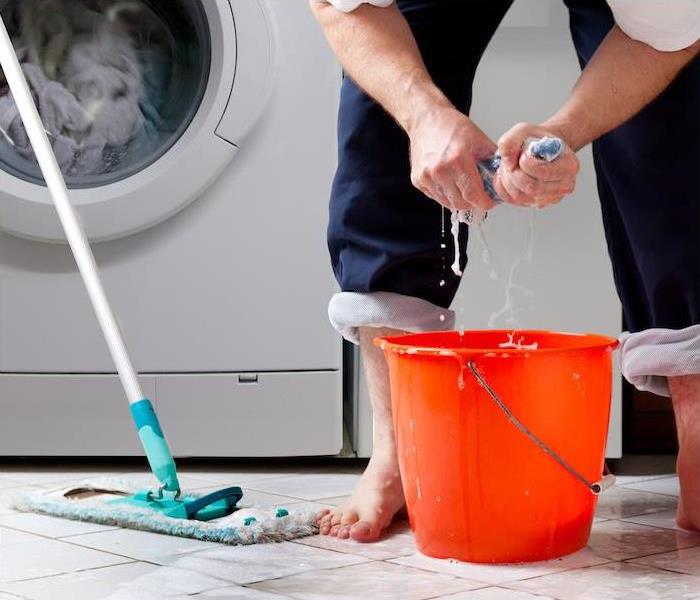How Water Damage is Classified | SERVPRO® of Piscataway
7/31/2019 (Permalink)
Water is water, right? Not always, especially when that water is a result of flooding and water damage.
There are three different classifications for this type of water: clean, gray, and black. If you understand the differences in these types of water, you understand how to better handle a water damage incident.
Regardless of the type of water that has caused damage, a cleanup and restoration process will be necessary afterward. It is imperative that you remove all of the moisture and damp items as quickly as possible to inhibit the growth of mold, since a wet environment is ideal for mold to grow and flourish.
Understanding Clean Water
As the name indicates, clean water is just that, “clean.” Because this water is free of contaminants, it will not pose an immediate threat to your health. This type of water is generally a result of:
- Broken water lines
- Malfunctioning appliances
- Toilet holding tanks
- Snow melt and rainwater
Cleanup from this type of water damage is the easiest type to work with, as there will be fewer microbes living in the water. But remember, after 48 hours and contact with building surfaces, clean water can move up to category two, which is gray water.
Understanding Gray Water
Where gray water is involved, water damage cleanup and restoration can become a bit more complicated and detailed. This water contains small amounts of chemical and biological contaminants that could create a health risk. It will need to be thoroughly treated before being safe for consumption.
The probable causes of gray water can come from dishwashers, aquariums, showers, etc. The 48-hour exposure time applies here as well, since gray water becomes black water if not treated.
Understanding Black Water
Of the three different classifications, black water is the most serious, and it is considered highly contaminated by harmful chemicals and biological matter. This includes all floodwaters containing soil and sewage.
Sewage is highly contaminated with hazardous microbes, including bacteria, protozoans, molds, fungi and more, and can be harmful to humans.
Some of the diseases that can be transmitted by black water are:
- Cholera
- Typhoid
- Hepatitis
- Gastroenteritis-type illnesses
It is best to treat all waters associated with water damage as black water because water picks up contaminants along its path.
All of our technicians study the Institute of Inspection, Cleaning and Remediation Certification (IICRC) standards and best practices in water restoration and are available to help determine the steps needed to get your home back to normal. The IICRC is an organization that certifies and sets the standards for the cleaning and restoration industry.
Whichever type of water caused damage to your home or business, SERVPRO® of Piscataway is here to help get the situation under control and make it "Like it never even happened." Don’t hesitate to reach out to us if you need emergency cleanup and restoration services!





 24/7 Emergency Service
24/7 Emergency Service